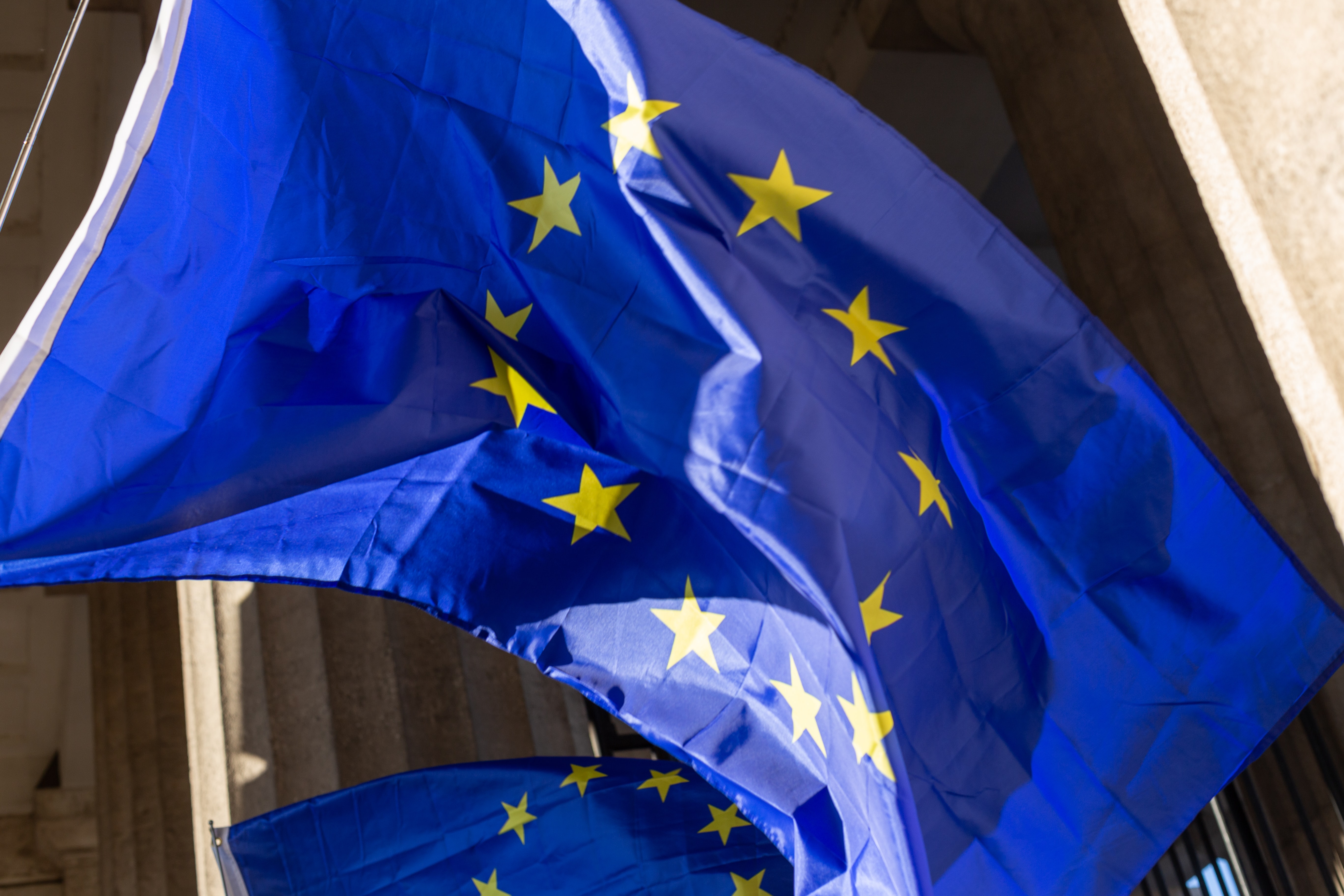
403
Sorry!!
Error! We're sorry, but the page you were looking for doesn't exist.
EU elongates tariff-free trade with Ukraine
(MENAFN) The European Parliament has announced the extension of the suspension of tariffs and quotas on Ukrainian agricultural food imports to the European Union until June 2025, a decision that comes amidst ongoing debates and protests within the bloc's agricultural sector. Aligned with a proposal put forth by the European Commission in January, the extension entails the removal of tariffs on Ukrainian farm produce until mid-2025, albeit with provisions for an "emergency brake" mechanism concerning poultry, eggs, and sugar. This mechanism allows for the reimposition of tariffs if imports exceed the average levels recorded in 2022 and 2023.
In addition to the tariff suspension, European lawmakers have also prolonged import caps on specific commodities such as oats, maize, groats, and honey. Notably, the deal mandates the European Commission to take prompt action in the event of a surge in Ukrainian wheat imports, underscoring efforts to maintain market stability and address concerns raised by certain member states.
However, the decision has sparked controversy, particularly with regard to the stance advocated by Poland, which had been pushing for stricter restrictions on Ukrainian grain and other agricultural imports. Warsaw's unilateral blockade of Ukrainian food products from its markets last year underscored the challenges arising from the European Union's open-border policy towards Ukrainian produce, highlighting the complexities surrounding trade dynamics within the bloc.
The initial suspension of tariffs and quotas for Ukrainian agricultural produce in 2022 aimed to facilitate the export of Ukrainian grain to global markets. However, the influx of competitively priced agricultural products from Ukraine has led to disruptions in Eastern European countries and triggered farmer protests across the European Union in recent months. Agriculture producers have voiced concerns over the adverse impact of free-trade measures on the bloc's economies and market stability, prompting calls for limitations on Ukrainian imports.
Against this backdrop, Polish Prime Minister Donald Tusk's contemplation of "temporarily closing" the border with Ukraine reflects the heightened tensions and complexities surrounding trade policies within the European Union. As debates continue and farmer protests persist, the extension of tariff-free trade with Ukraine underscores the delicate balance between promoting economic cooperation and safeguarding domestic agricultural interests within the European Union.
In addition to the tariff suspension, European lawmakers have also prolonged import caps on specific commodities such as oats, maize, groats, and honey. Notably, the deal mandates the European Commission to take prompt action in the event of a surge in Ukrainian wheat imports, underscoring efforts to maintain market stability and address concerns raised by certain member states.
However, the decision has sparked controversy, particularly with regard to the stance advocated by Poland, which had been pushing for stricter restrictions on Ukrainian grain and other agricultural imports. Warsaw's unilateral blockade of Ukrainian food products from its markets last year underscored the challenges arising from the European Union's open-border policy towards Ukrainian produce, highlighting the complexities surrounding trade dynamics within the bloc.
The initial suspension of tariffs and quotas for Ukrainian agricultural produce in 2022 aimed to facilitate the export of Ukrainian grain to global markets. However, the influx of competitively priced agricultural products from Ukraine has led to disruptions in Eastern European countries and triggered farmer protests across the European Union in recent months. Agriculture producers have voiced concerns over the adverse impact of free-trade measures on the bloc's economies and market stability, prompting calls for limitations on Ukrainian imports.
Against this backdrop, Polish Prime Minister Donald Tusk's contemplation of "temporarily closing" the border with Ukraine reflects the heightened tensions and complexities surrounding trade policies within the European Union. As debates continue and farmer protests persist, the extension of tariff-free trade with Ukraine underscores the delicate balance between promoting economic cooperation and safeguarding domestic agricultural interests within the European Union.

Legal Disclaimer:
MENAFN provides the
information “as is” without warranty of any kind. We do not accept
any responsibility or liability for the accuracy, content, images,
videos, licenses, completeness, legality, or reliability of the information
contained in this article. If you have any complaints or copyright
issues related to this article, kindly contact the provider above.


















Comments
No comment